11 new hardware synths for 2021
Gear Expo 2021: Once again the big guns are out for the new year. Here's our pick of the hottest synth hardware.
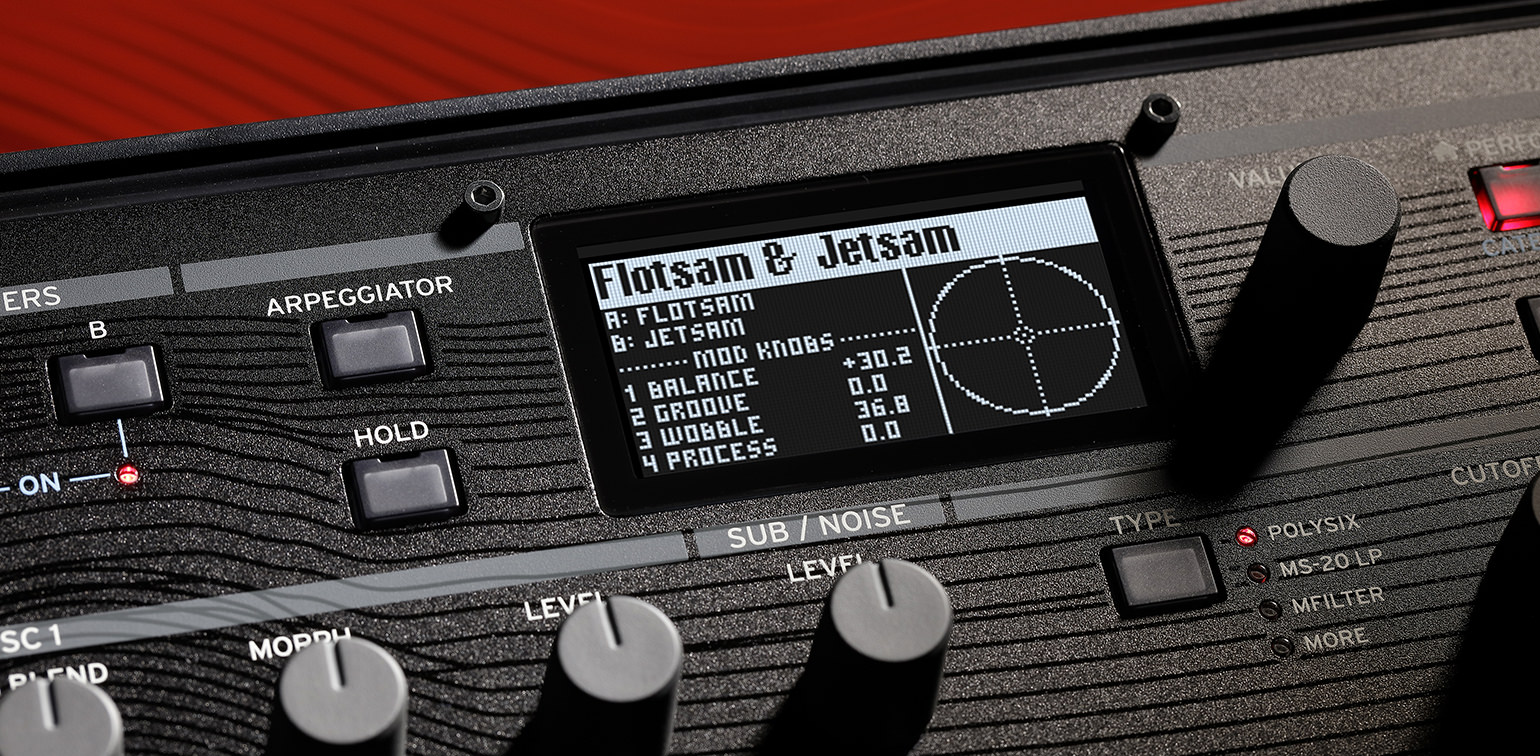
Technology moves fast. Is your studio keeping pace?
2021 could be the perfect time to upgrade your main synth workhorse with many of the biggest names in hardware stepping up to reveal extensive new lines and reworkings of their biggest sellers from years gone by. Here’s our pick for 2021.
Kurzweil K2700
They're back. The K2700 is an evolution of Kurzweil’s popular K2 series workstations beloved of musicians, sound designers and composers alike.
Powered by an expanded version of the V.A.S.T. (Variable Architecture Synthesis Technology) engine that made its debut in the K2 series, the K2700 offers virtual analogue and FM synthesis, along with organs, pianos and more.
4.5GB of factory sounds are supplied - that’s more than 1,500 factory programs, 700 multi combinations and 13 instrument categories – and there’s 3.5GB of user sample memory. 256 notes of polyphony is more than five times that of the previous K2 series model.
The K2700 has an 88-note fully-weighted keyboard with aftertouch, along with a 4x4 bank of velocity-sensitive pad triggers. There’s also a built-in ribbon controller and widescreen colour display, along with a 16-track internal sequencer.
Price TBC. Further details on the Kurzweil website.
Want all the hottest music and gear news, reviews, deals, features and more, direct to your inbox? Sign up here.
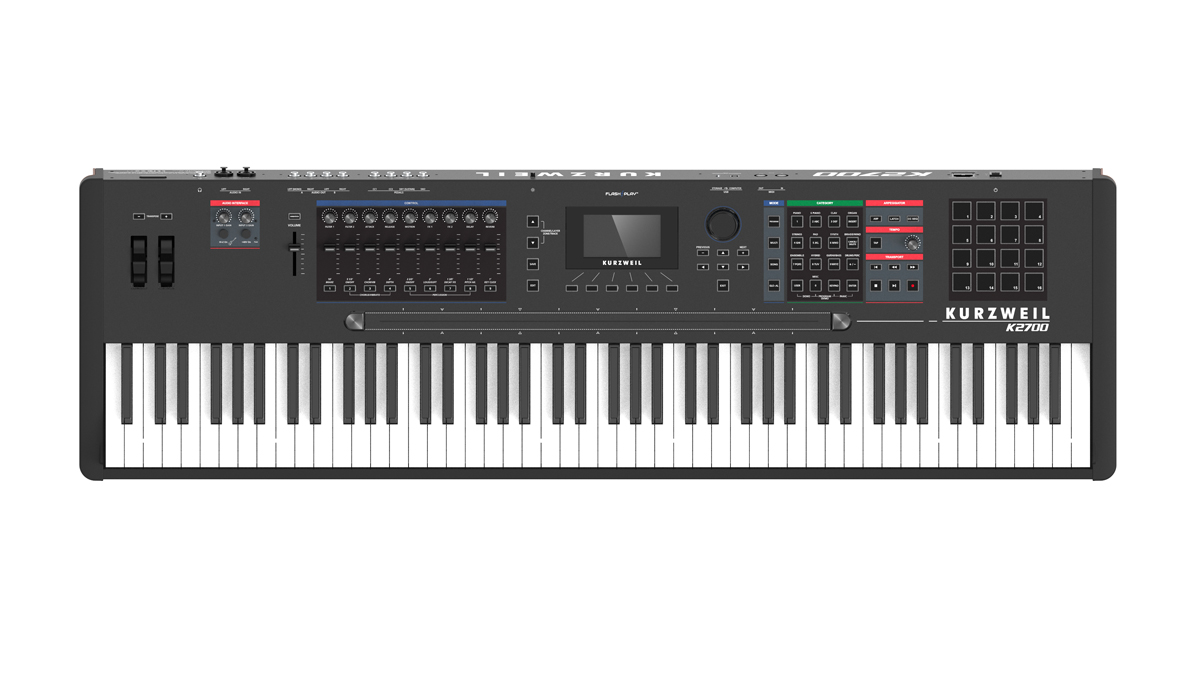
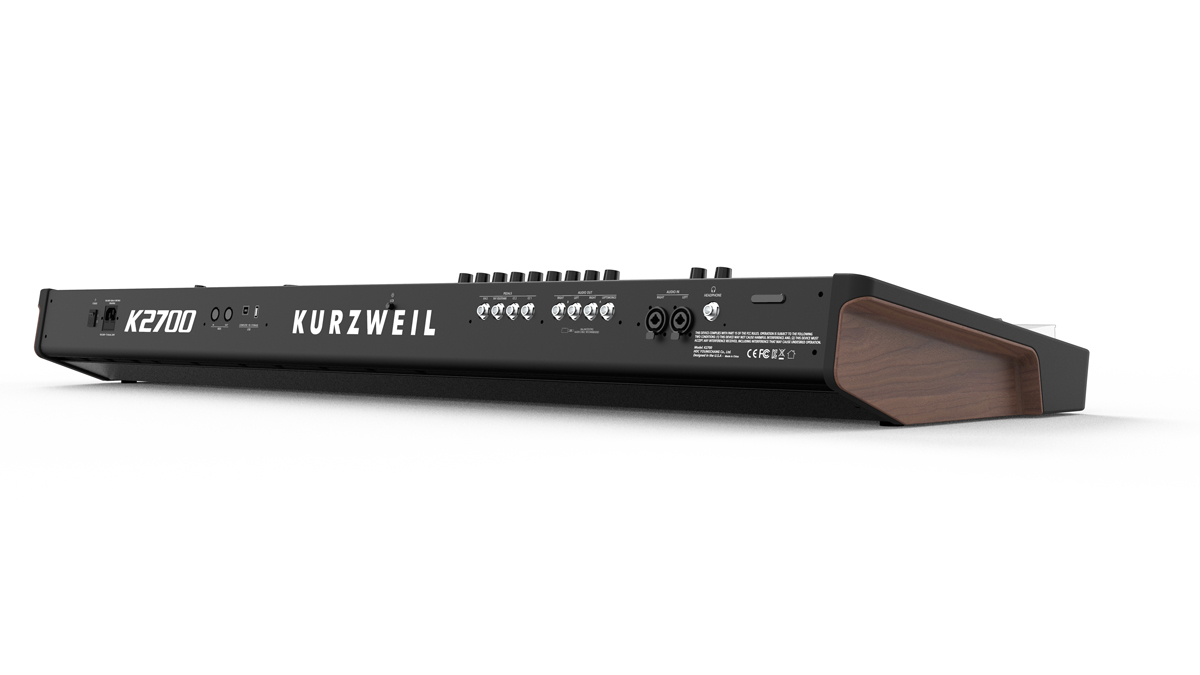
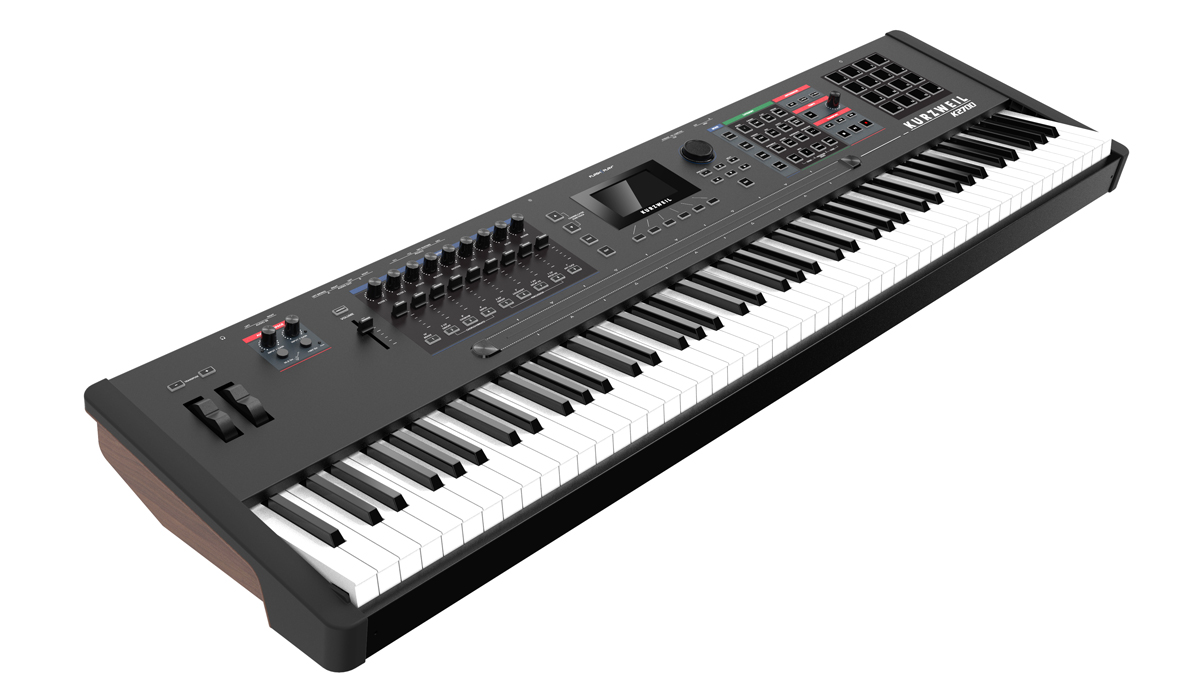
Prophet 5 and 10 Desktop
Now in desktop form. Not only a desktop Prophet-5 – their faithful remake of their classic polysynth – but a desktop version of their newer Prophet-10 too featuring twice the polyphony.
“We managed to fit the same big, ballsy sound of the full Prophet-5 into a desktop model. It sounds every bit as awesome.” says Sequential founder and original Prophet-5 designer Dave Smith.
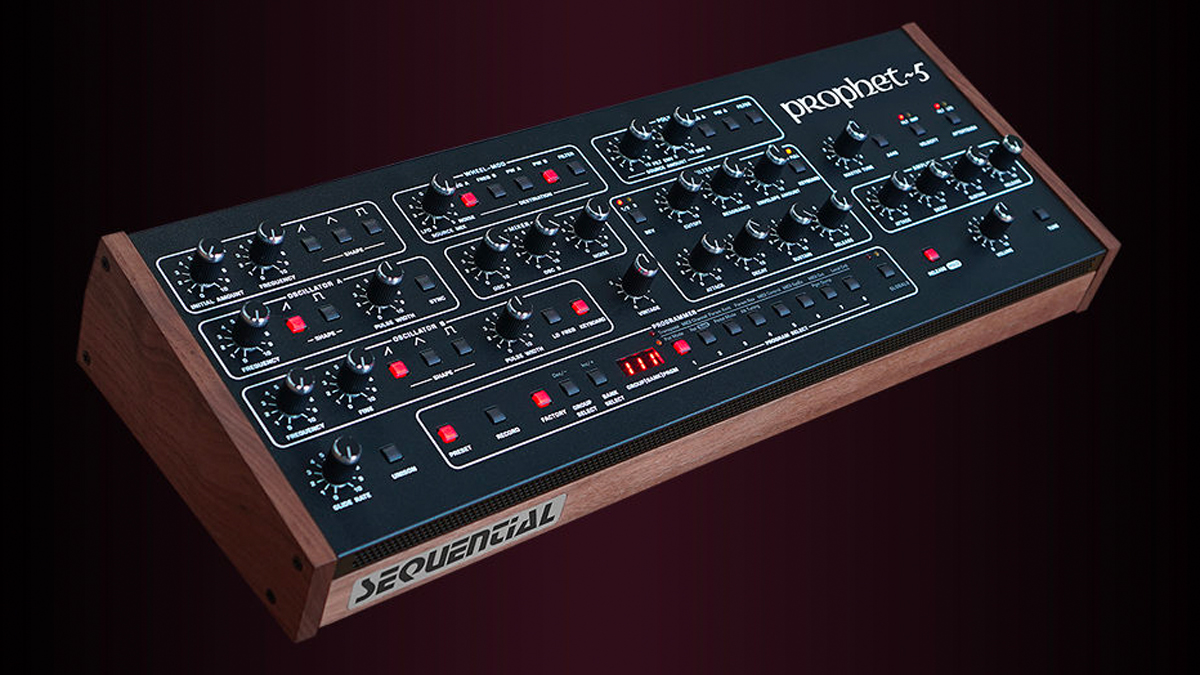
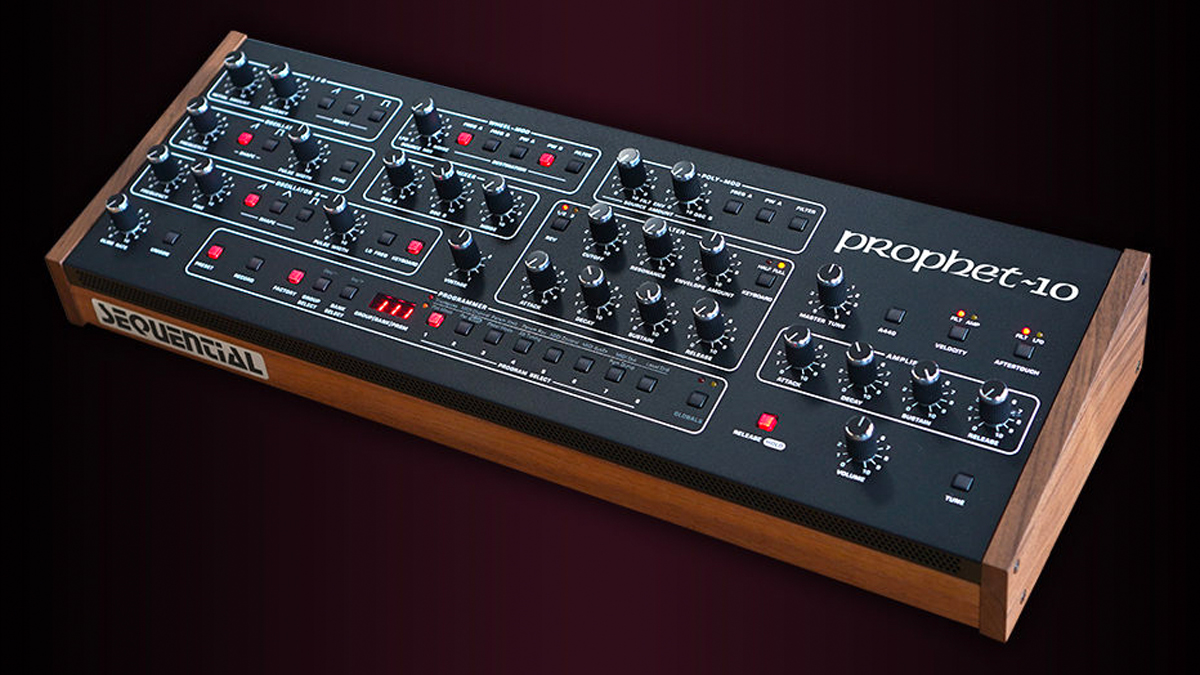
The good news is that, despite having all the sonic grunt of their keyboard counterparts, the new modules - which come in steel cases and have hand-oiled sustainable black walnut heartwood trims - cost significantly less. The Prophet-5 desktop is $2,499 (compared to $3,499 for the keyboard) and the Prophet-10 desktop is $3,299 (the keyboard is $4,299).
Find out more on the Sequential website.
Korg modwave
Another classic from the past has resurfaced. The new Korg Modwave pays its respect to their DW8000 digital synth but gives it a hybrid treatement…
The Modwave shares the same stylings as their Wavestate and opsix with plenty of hands-on control, deep synthesis and plenty of filtering and modulation options.
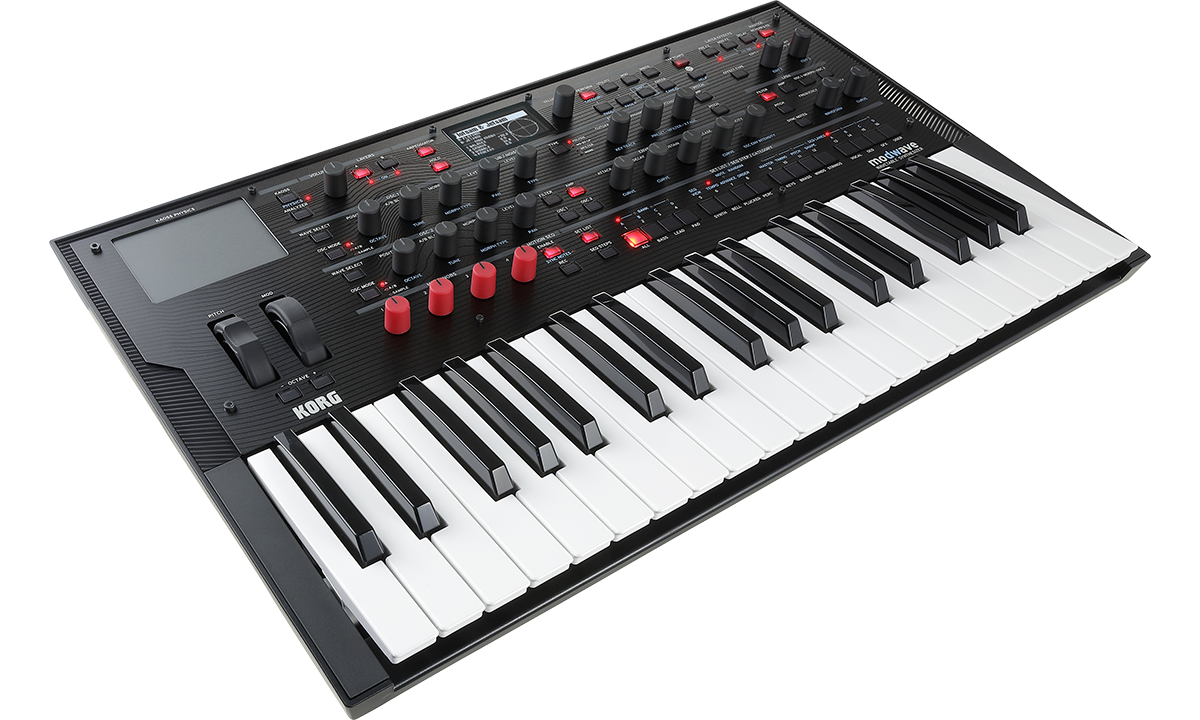
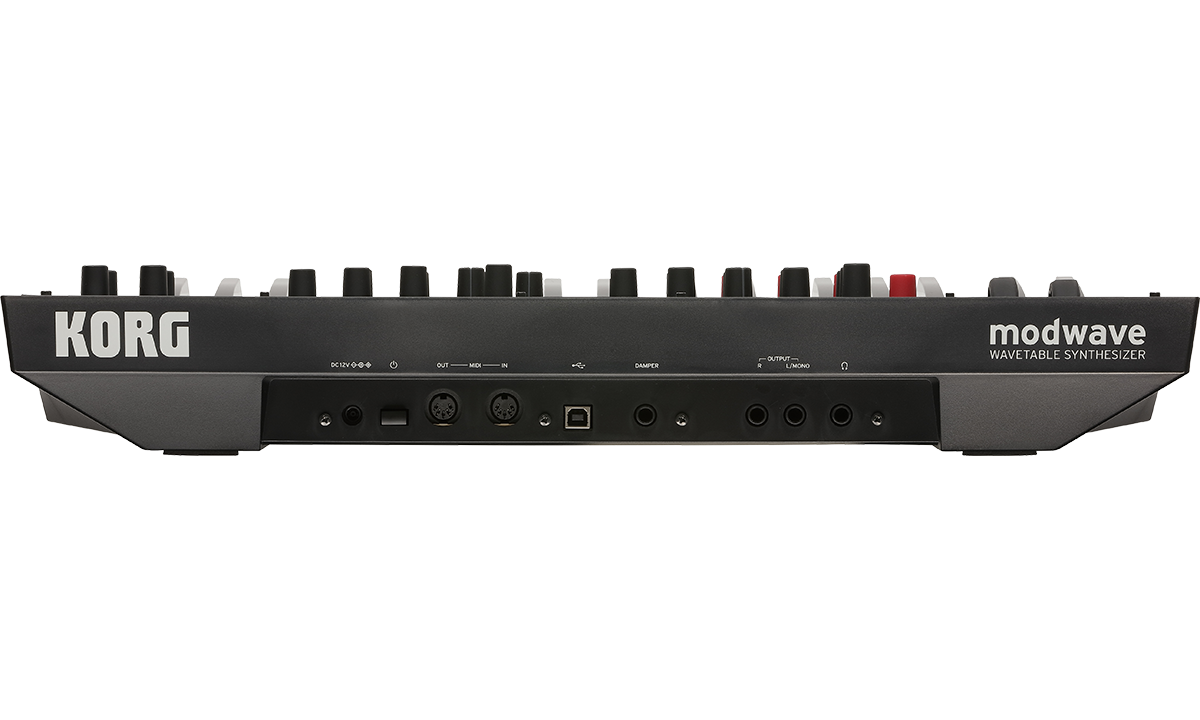
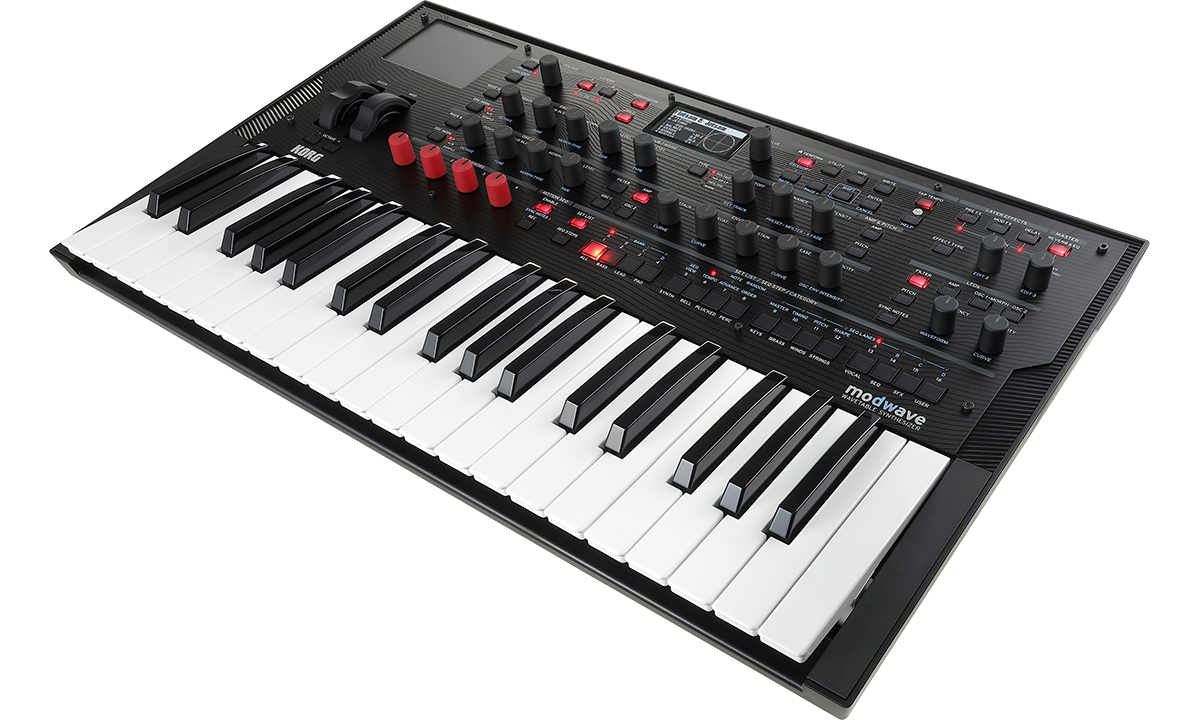
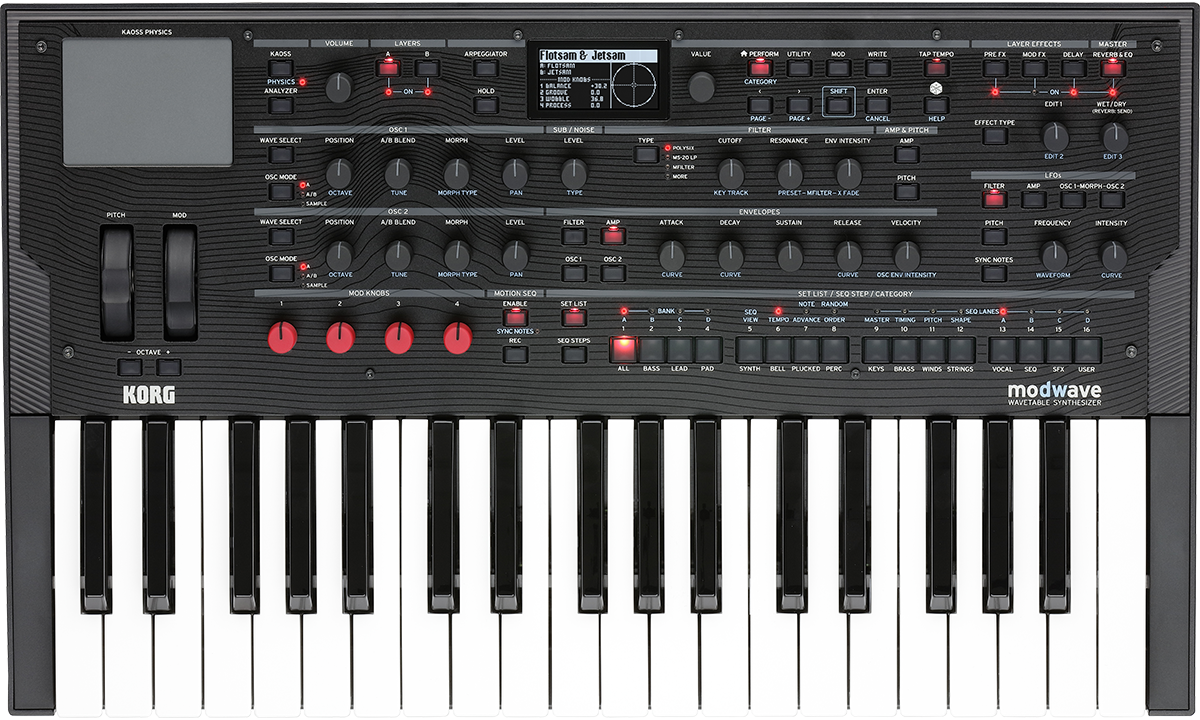

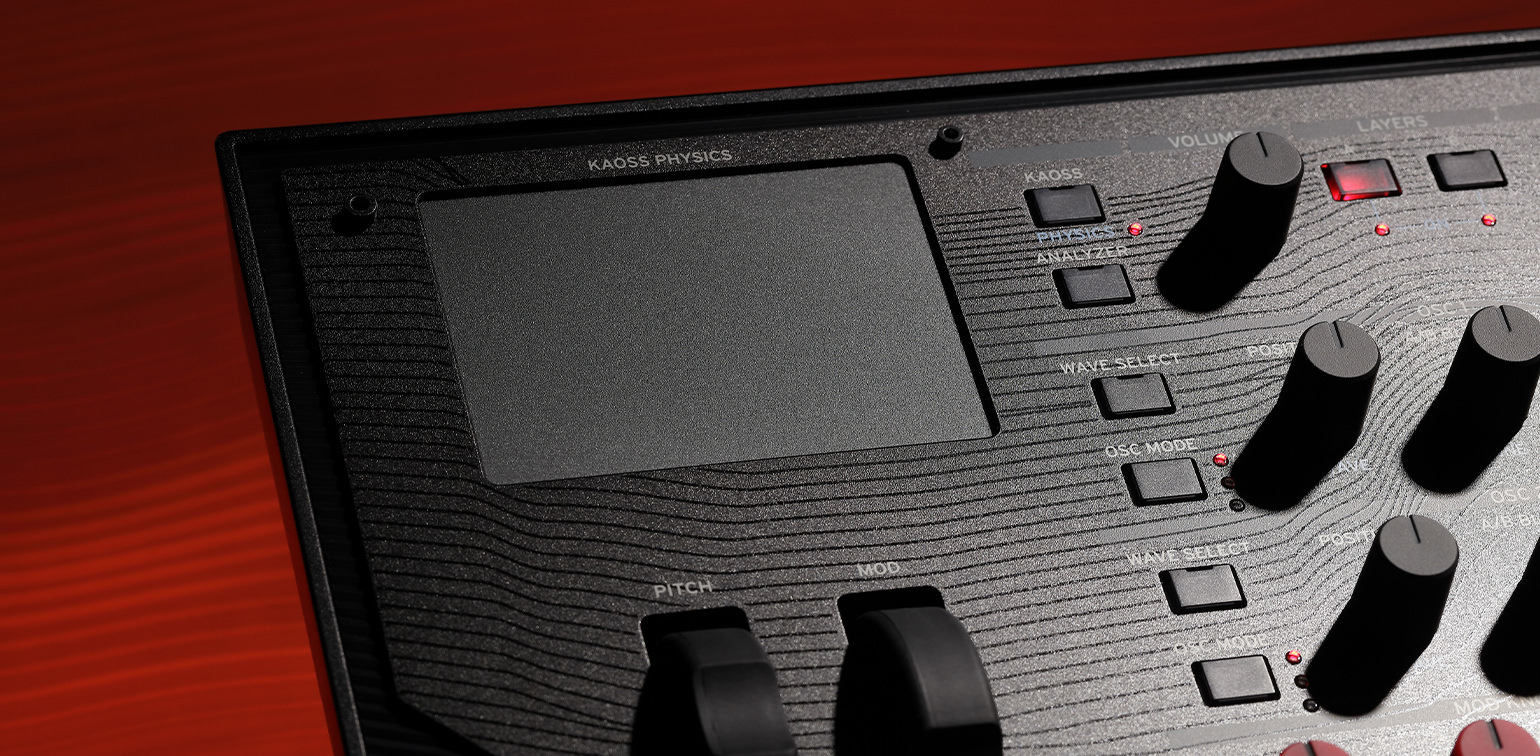
Pricing and availability are both TBC but considering the Wavestate and opsix both launched at £699 price tag, we can assume this synth won't differ greatly on that score.
For more info and full specs check out the Korg website.
Yamaha YC73 and YC88
There are two new big keyboards from Yamaha this year: the YC73 and YC88. both stuffed with vintage keyboard tones, with drawbar control for organ players.
The organ sound engine is powered by Yamaha’s Virtual Circuit Modeling (VCM) technology, which promises to recreate an organ’s behaviour right down to component level. The same technology is used for the rotary speaker effect.
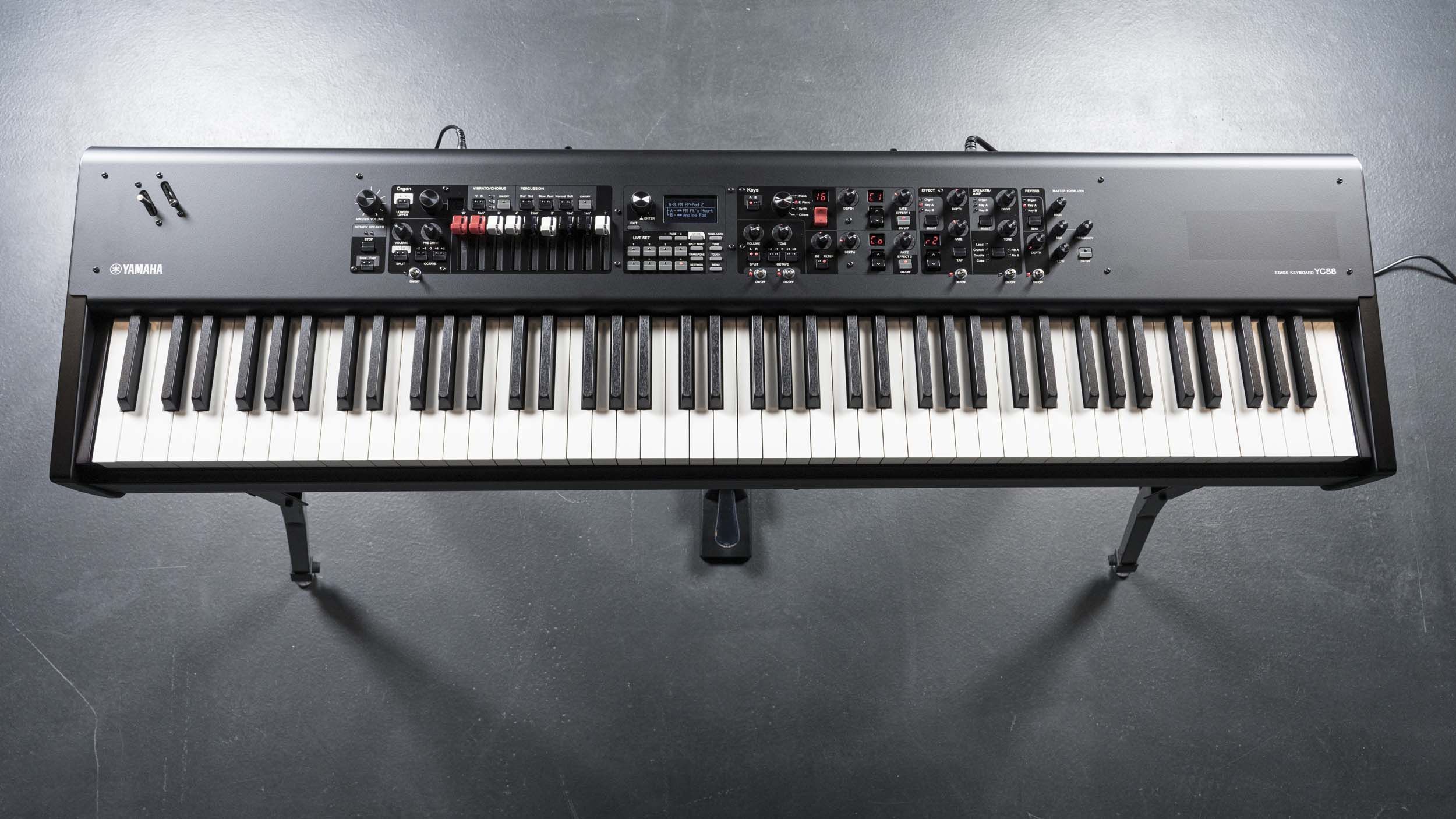
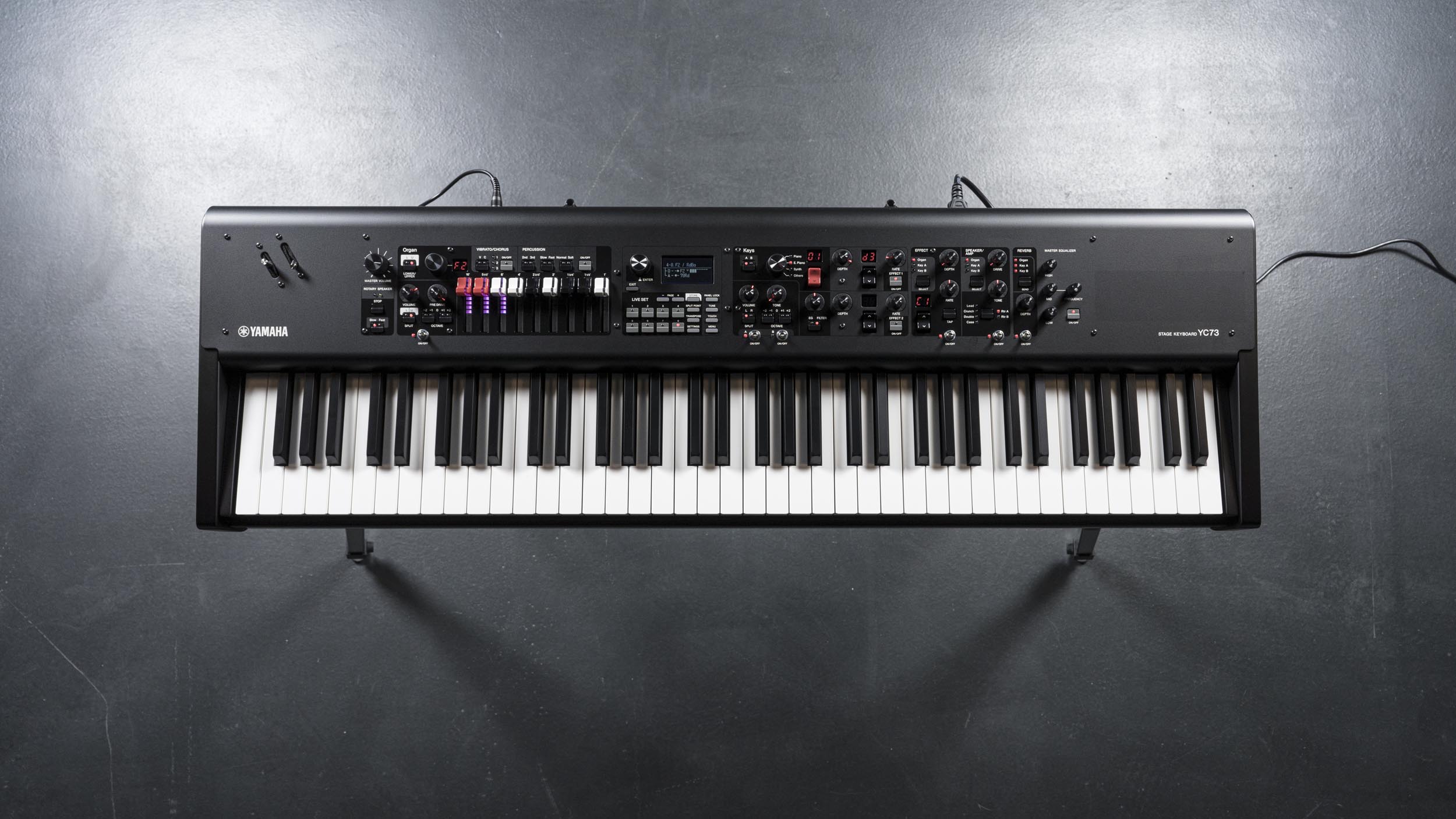
There are also two Keys sections, with Yamaha’s AWM technology being used to power acoustic and electric pianos, strings, brass, analogue-style synth sounds and more (FM synthesis is included here, too). There are two easily-tweakable effect sections here as well.
The YC73 and YC88 will be priced at $2,999 and $3,499 respectively. The YC61 costs $2,000. Find out more on the Yamaha website.
Behringer Pro-800
It's been a long time coming but 2021 will finally see the arrival of Behringer's Pro-800 – its reboot of Sequential Circuits’ Prophet-600 synth.
The Pro-800 has eight voices compared to the six on the Prophet-600, and comes as a Eurorack-friendly module rather than a keyboard. It’s been created with the help of synth designer GliGli, who specialises in modding and improving the Prophet-600.
You can expect the Pro-800 to land within the next few months priced at $599.
Korg miniKorg 700FS
Another revival from Korg. Released in 1973, the miniKorg 700 was Korg’s first mass-produced analogue synth, and now, almost 50 years later, it’s back.
The new miniKorg 700FS is actually a revival of the MiniKorg 700S, which came out in 1974 and added more functionality, but make no mistake: this is Korg going right back to its synth roots.
While the original miniKorg 700 was a single oscillator monosynth, the S model added a second oscillator, and this is included in the FS version as well. As such, you can create even phatter, detuned sounds. Like the S, the FS has a ring modulator, too.
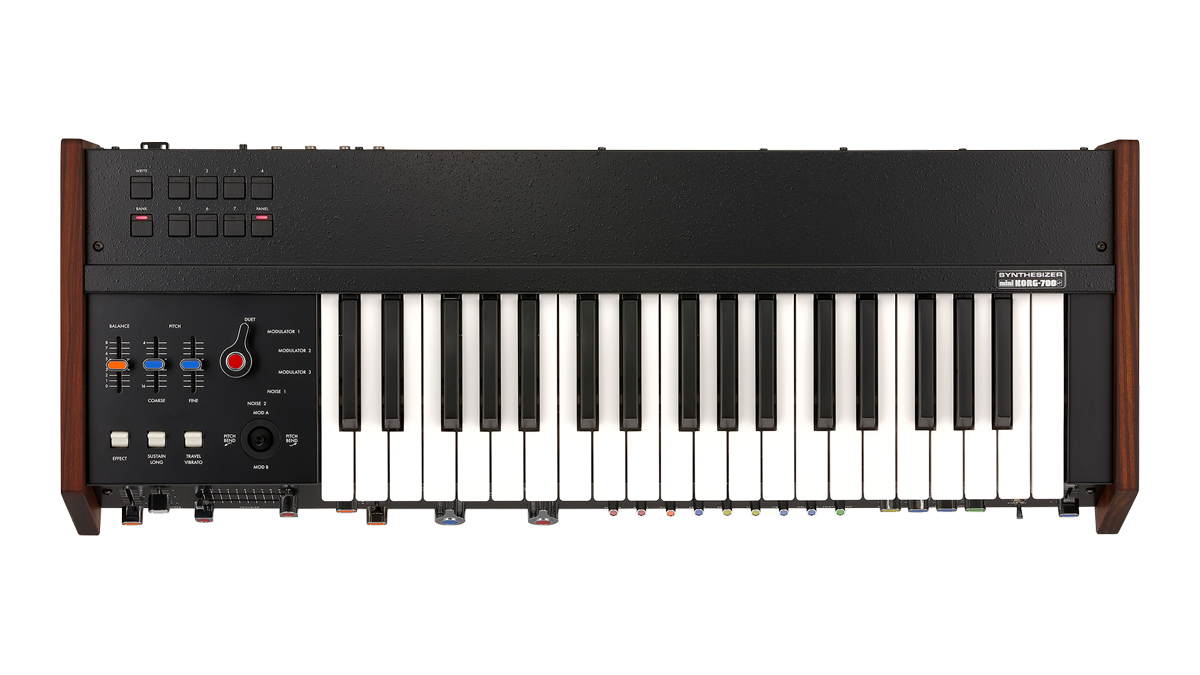
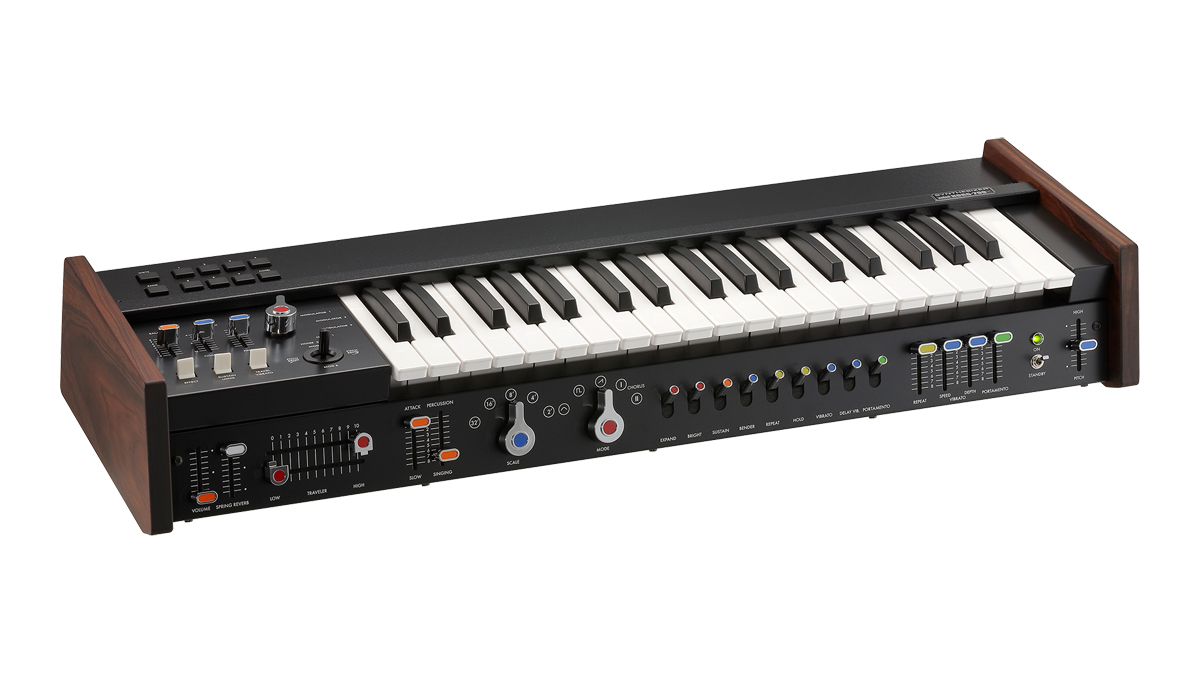
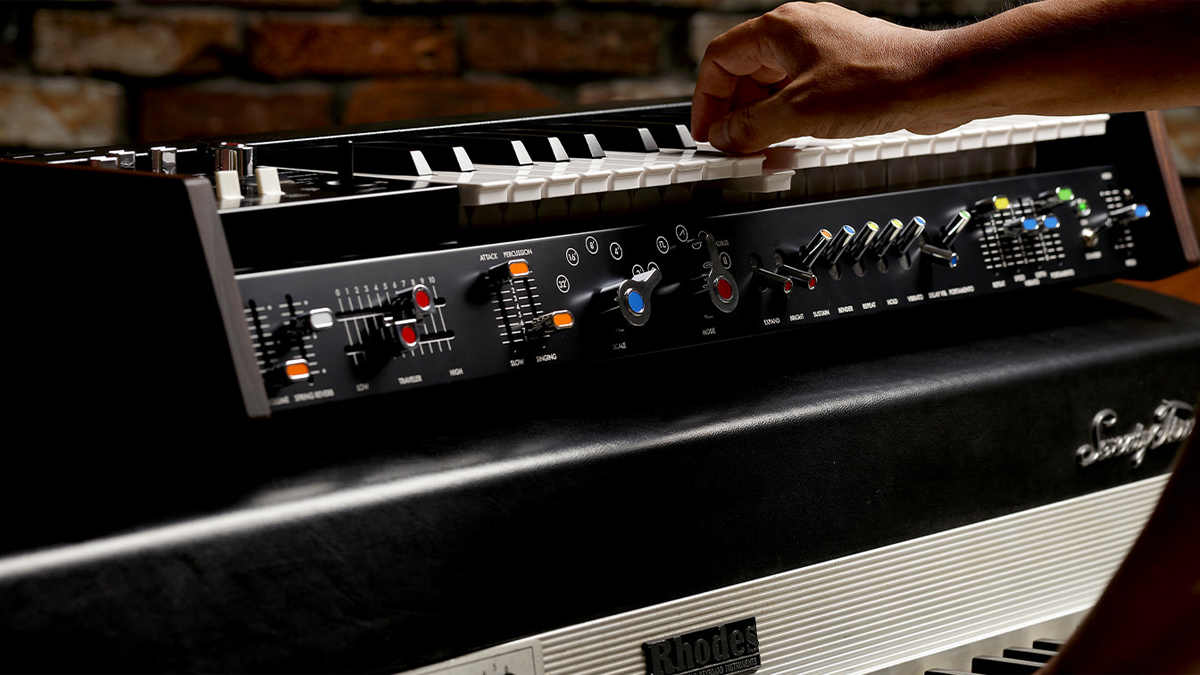
Features that are completely new to the FS include a spring reverb effect, a joystick for pitchbend and modulation, and aftertouch on the 37-note keyboard. An arpeggiator is here, too, while connectivity includes a USB port, MIDI IN and a CV/Gate In jack. A memory button, meanwhile, enables you to store your favourite patches.
Find out more on the Korg website. A price and release date are still to be confirmed.
Behringer ARP 2600 Blue Marvin and Gray Meanie
Behringer have two new versions of their immensely popular ARP 2600 clone: The Blue Marvin and Gray Meanie models and they're more than just a change in livery.
Both Marvin and Meanie feature single colour LEDs, which are also dimmable and now there's a spring reverb on board and new higher-grade componentry that promises to improve performance. Plus dual filter, additional LFO, VCO syncs, and USB MIDI.
Yours for a slightly higher price of $699 compared to $599 of the black and orange model. Check out the Behringer website for more info.
IK Multimedia UNO Pro
IK Multimedia's new paraphonic Uno Synth Pro and Uno Synth Pro Desktop offers “next-generation analogue for everyone”.
And while the new Pro model once again made in collaboration with boutique synth maker Soundmachines, the new Uno Pro now comes in two sizes: a 37-note version with a Fatar keyboard and proper pitch and mod wheels, and a mini-key Desktop version that forgoes the 'full-size' luxuries but sonically is identical.
Both synths expand on the original Uno by offering more of everything: oscillators, filters, sequencer memory, presets, connectivity and programmability.
The synths have three analogue oscillators, each of which offers continuously variable waveshape and pulse width modulation. You can hard-sync the oscillators, and there’s an FM, ring modulation and a white noise oscillator.
There's enhanced filter and envelopes, and four effect blocks – the analogue overdrive circuit from the original Uno is joined by digital modulation, delay and reverb blocks – and you can route external signals through these effects too.
The Uno Synth Pro and Uno Synth Pro Desktop are set to arrive in the first quarter of this year priced at $650/€650 and $400/€400 respectively.
Find out more on the IK Multimedia website.
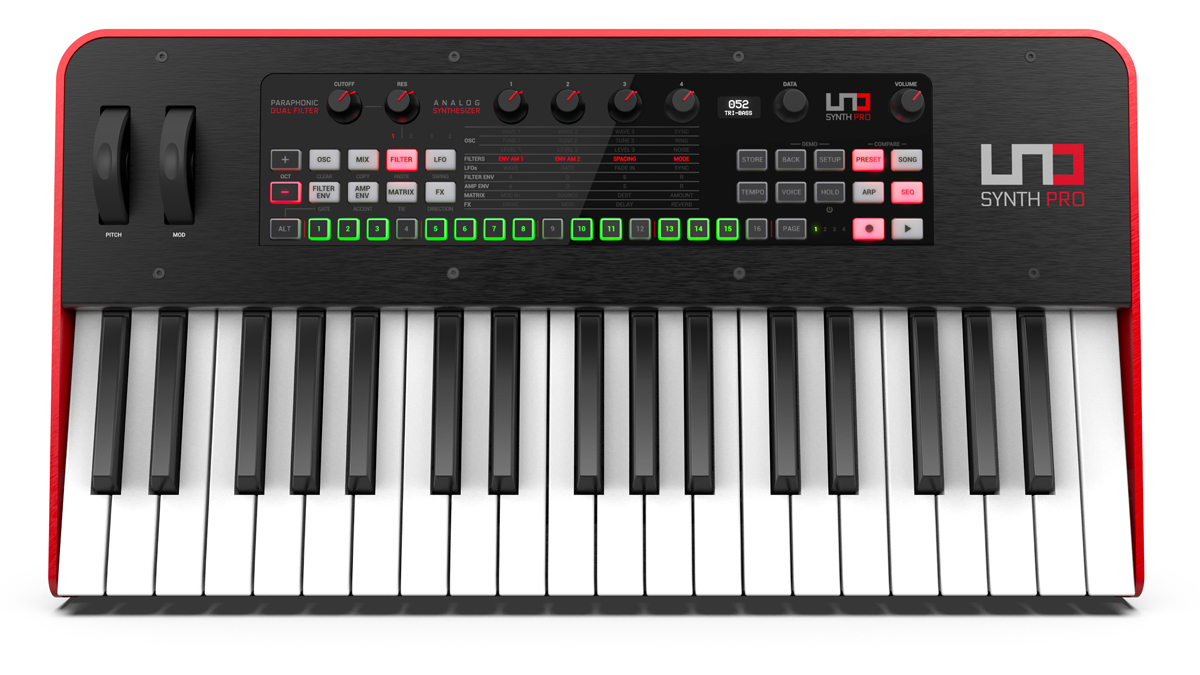
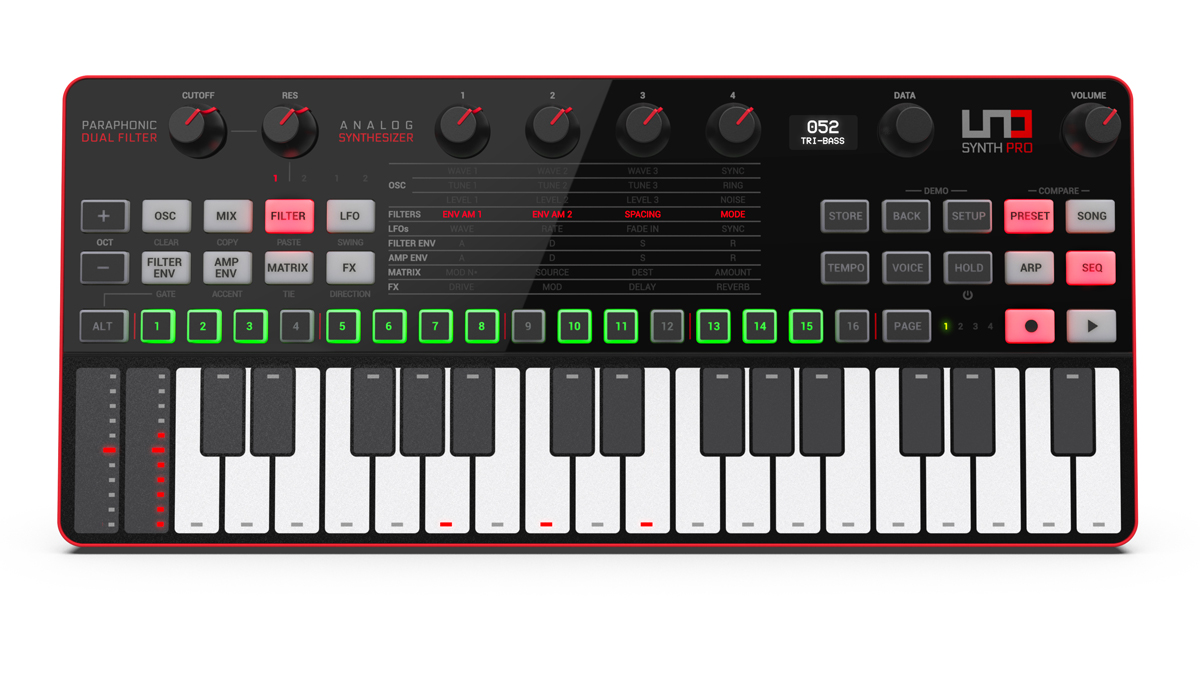
Hammond SK Pro
Hammond are back with a new stage keyboard with organ (no surprise) but how about a built-in monosynth too?
Powered by a physical modelling engine, this offers six different oscillator configurations, along with filter and amplitude controls. Hammond says that this provides players with the sounds and hands-on feel of a real analogue synth.
The organ, meanwhile, is powered by the Modeled Tone Wheel 1 (MTW1) engine from the Hammond XK-5 organ, and there’s a new digital Leslie speaker emulation. What’s more, the keyboard includes a Virtual Multi-Contact function that’s designed to give you the feel of a real Hammond.
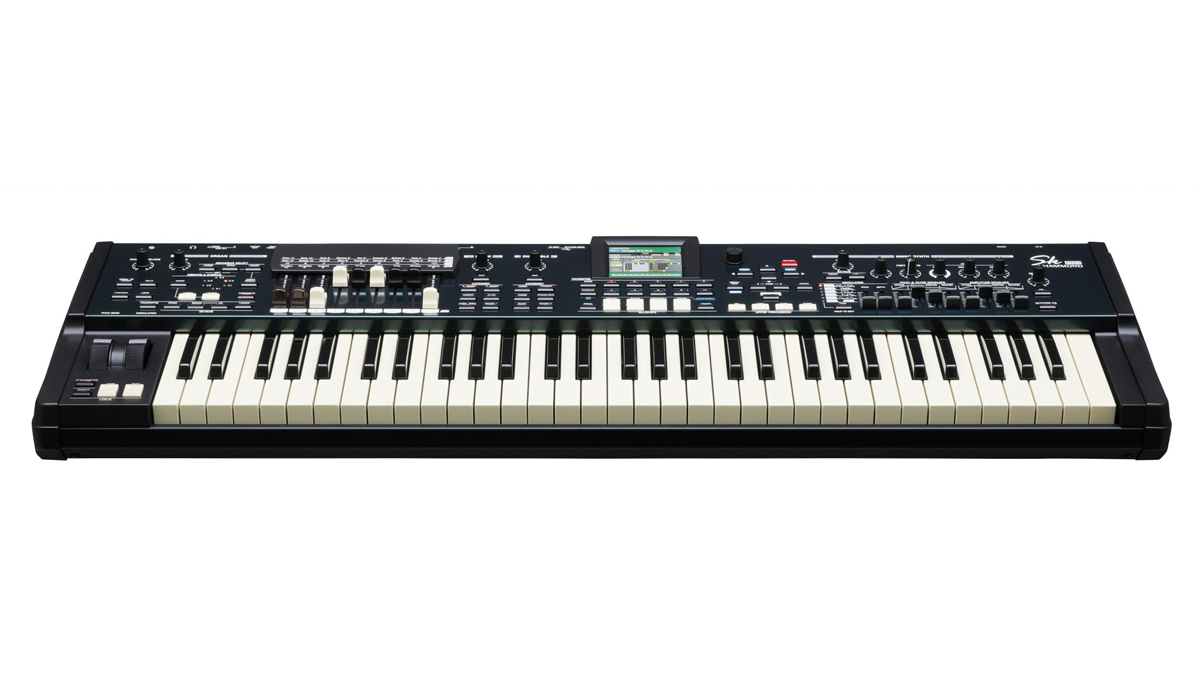
Elsewhere, the Piano/Ensemble section features new sampled grand and electric piano sounds, and all sounds are fully editable.
Prices are TBC. Find more information on the Hammond website.
Korg’s ARP 2600 M
Korg's new module that's 60% of the sizey ARP 2600 FS, making it lighter and more portable, and hopefully far easier to get hold of…
Inside, though, you’ve got the same analogy circuitry as the ARP 2600 FS, so it should sound just as good. There is a slight difference with the spring reverb - it’s been re-engineered and adapted to the smaller body size - but we’re promised the same lush quality of effect.
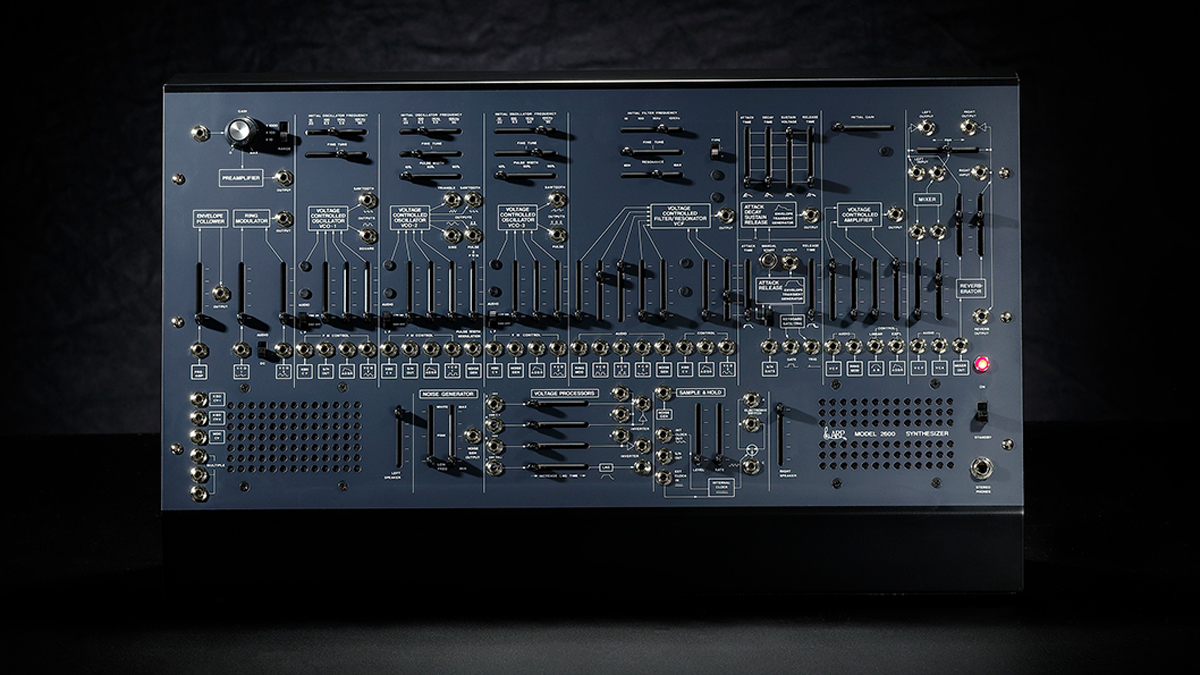
Find out more on the Korg website. Price and release date are TBC.
Arturia MicroFreak firmware V3
Not 'new'… But certainly fresh. Arturia's new firmware update for its MicroFreak synth is a collaboration with Noise Engineering to bring three exciting new oscillator modes to their popular hardware
Now there are oscillator modes: Bass, Harm and SawX.
Bass is a non-linear waveshaping algorithm which uses a quadrature oscillator principle to produce unique waveforms. Harm combines additive synthesis with wave folding, while SawX brings chorus and phase modulation meanderings to the classic supersaw formula.
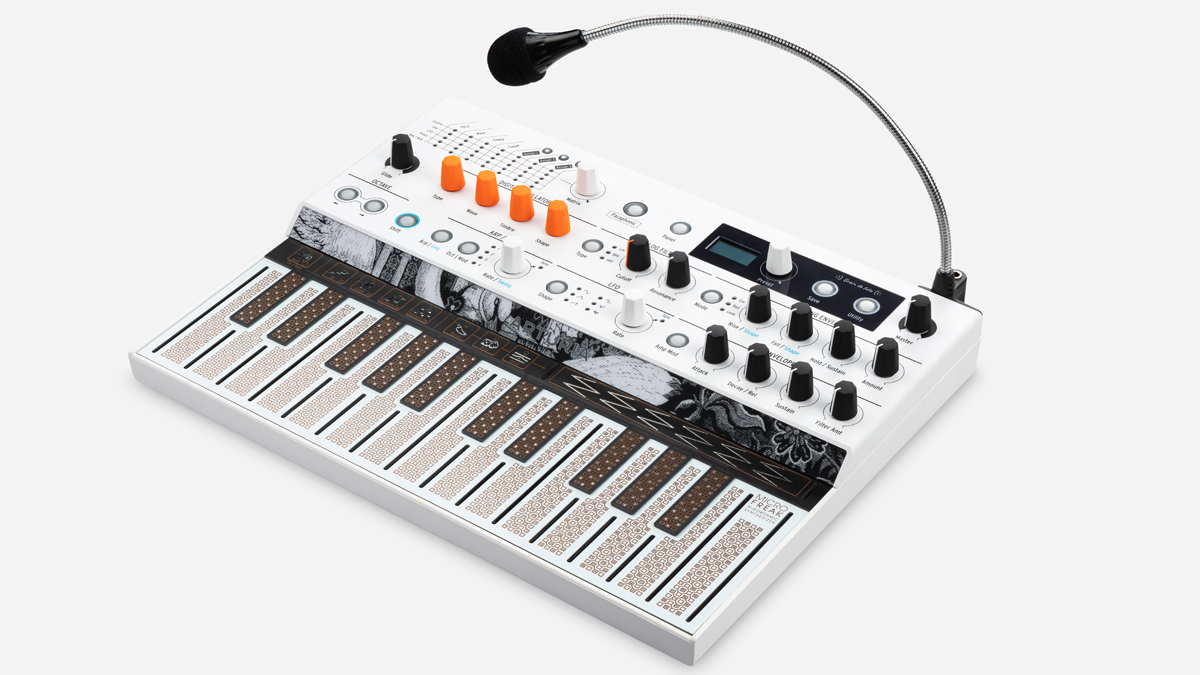
On top of the three new oscillator options, V3 of the firmware also adds new functionality including a four-voice unison mode, increased memory slots from 256 to 384 and some preset behaviour enhancements.
The MicroFreak firmware upgrade is free for all MicroFreak owners and can be accessed from the Arturia website.